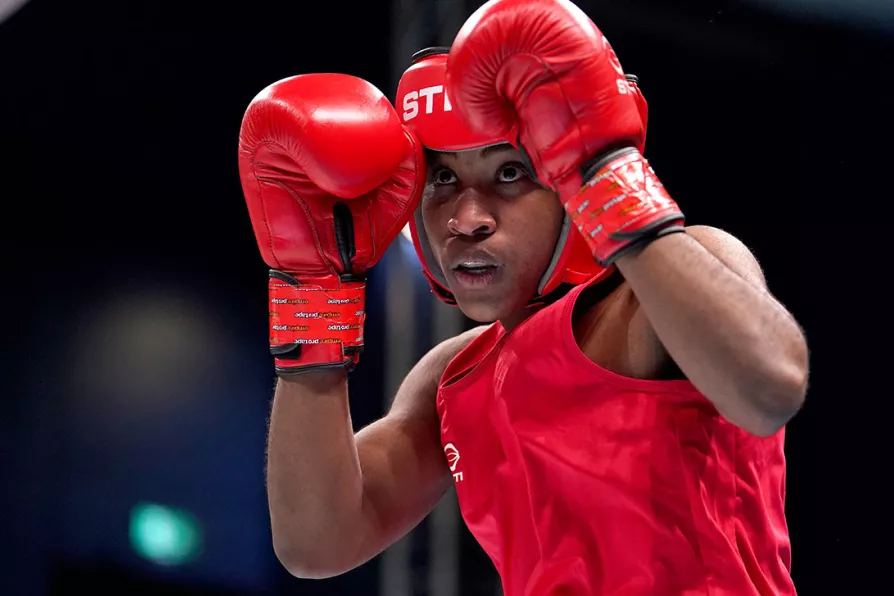Jaw-dropping European win
Ngamba relishes chance to compete for Refugee Olympic team

 Cindy Ngamba
Cindy Ngamba
BRITISH-BASED boxer Cindy Ngamba officially has a shot at becoming the first athlete to win a medal for the Refugee Olympic team after her selection was confirmed by the International Olympic Committee.
Five athletes based in Great Britain have been named in the 36-strong Refugee Olympic Team for this summer’s Games in Paris, overseen by Chef de Mission Masomah Ali Zada, who picked out the three-time English champion as one to watch.
Last month, Ngamba became the first refugee boxer to independently secure an Olympic quota place with victory over Kazakhstan’s Valentina Khalzova in the women’s 75kg quarter-finals of the Road to Paris First World Qualification Tournament.
More from this author

BELLA KATZ speaks to Tottenham Hotspur Supporters' Trust vice-chair ANTHOULLA ACHILLEOS about their latest campaign against exponential ticket price increases















